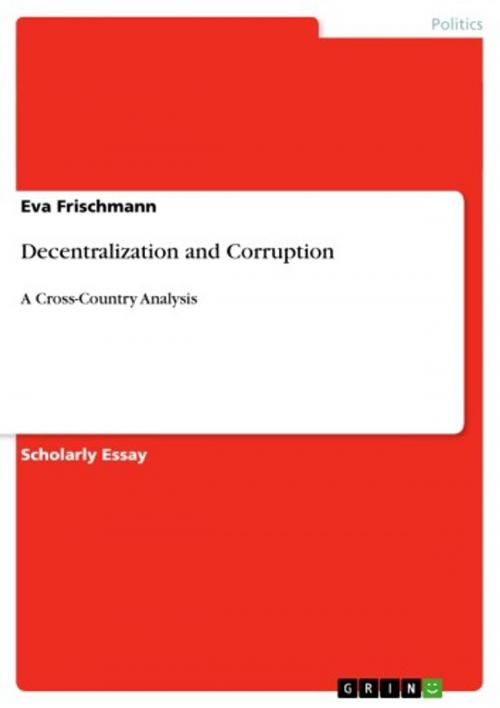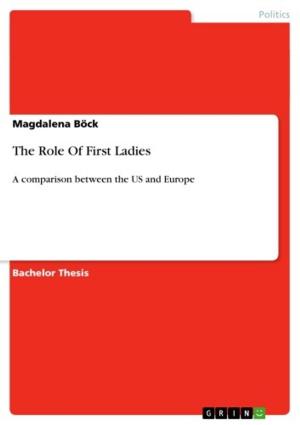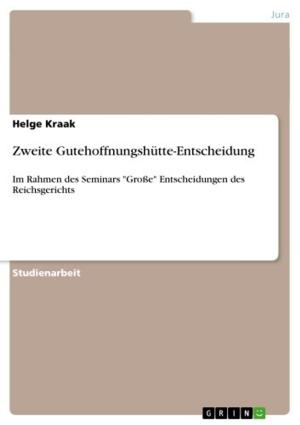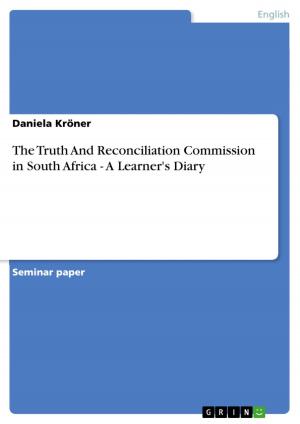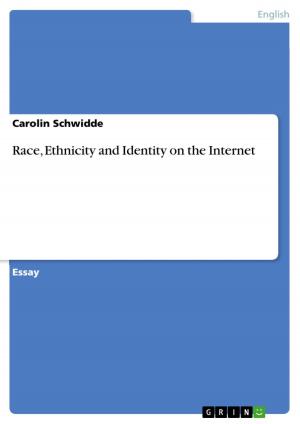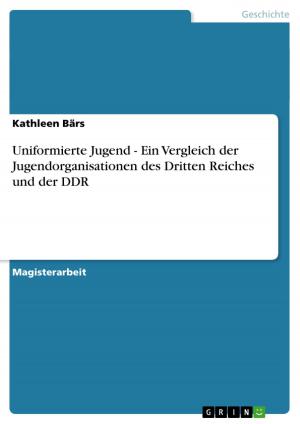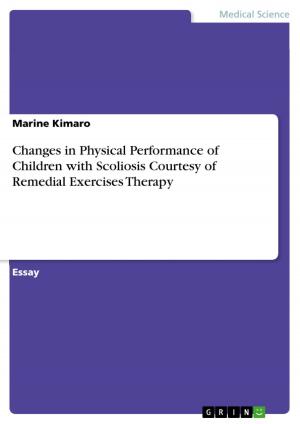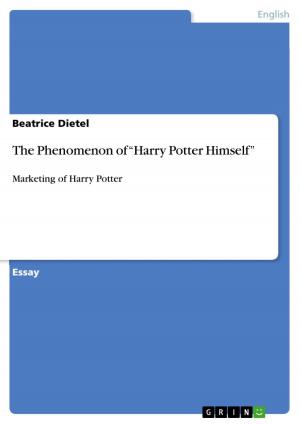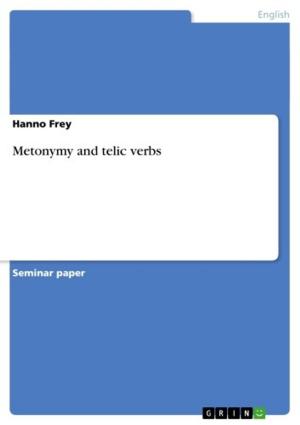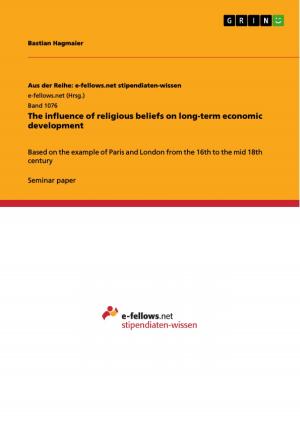Decentralization and Corruption
A Cross-Country Analysis
Nonfiction, Social & Cultural Studies, Political Science, International, Foreign Legal Systems| Author: | Eva Frischmann | ISBN: | 9783640710881 |
| Publisher: | GRIN Publishing | Publication: | September 25, 2010 |
| Imprint: | GRIN Publishing | Language: | English |
| Author: | Eva Frischmann |
| ISBN: | 9783640710881 |
| Publisher: | GRIN Publishing |
| Publication: | September 25, 2010 |
| Imprint: | GRIN Publishing |
| Language: | English |
Scientific Essay from the year 2010 in the subject Politics - Political Systems - General and Comparisons, grade: 1,3, Johannes Gutenberg University Mainz (Institut für Politikwissenschaft), language: English, abstract: Corruption is one of the most widespread political problems throughout the world. Decentralization, in contrast, is considered by many to be one of the most helpful ways to improve a country's economic performance. Nevertheless, only recently have scholars began to look at a possible linkage between the level of decentralization in a country and its level of corruption. Up to now, theoretical insights and empirical evidence in this emerging debate remain both rare and highly contested. This paper aims at contributing to the debate in two ways. On the one hand through challenging and developing several arguments speaking for and against a possible causal relationship between decentralization and corruption; and on the other hand through testing the decentralization-corruption-hypothesis empirically using four different measurements of decentralization. Both parts aim at answering the following question: Is there a causal relationship between a country's level of decentralization and its level of corruption?
Scientific Essay from the year 2010 in the subject Politics - Political Systems - General and Comparisons, grade: 1,3, Johannes Gutenberg University Mainz (Institut für Politikwissenschaft), language: English, abstract: Corruption is one of the most widespread political problems throughout the world. Decentralization, in contrast, is considered by many to be one of the most helpful ways to improve a country's economic performance. Nevertheless, only recently have scholars began to look at a possible linkage between the level of decentralization in a country and its level of corruption. Up to now, theoretical insights and empirical evidence in this emerging debate remain both rare and highly contested. This paper aims at contributing to the debate in two ways. On the one hand through challenging and developing several arguments speaking for and against a possible causal relationship between decentralization and corruption; and on the other hand through testing the decentralization-corruption-hypothesis empirically using four different measurements of decentralization. Both parts aim at answering the following question: Is there a causal relationship between a country's level of decentralization and its level of corruption?
